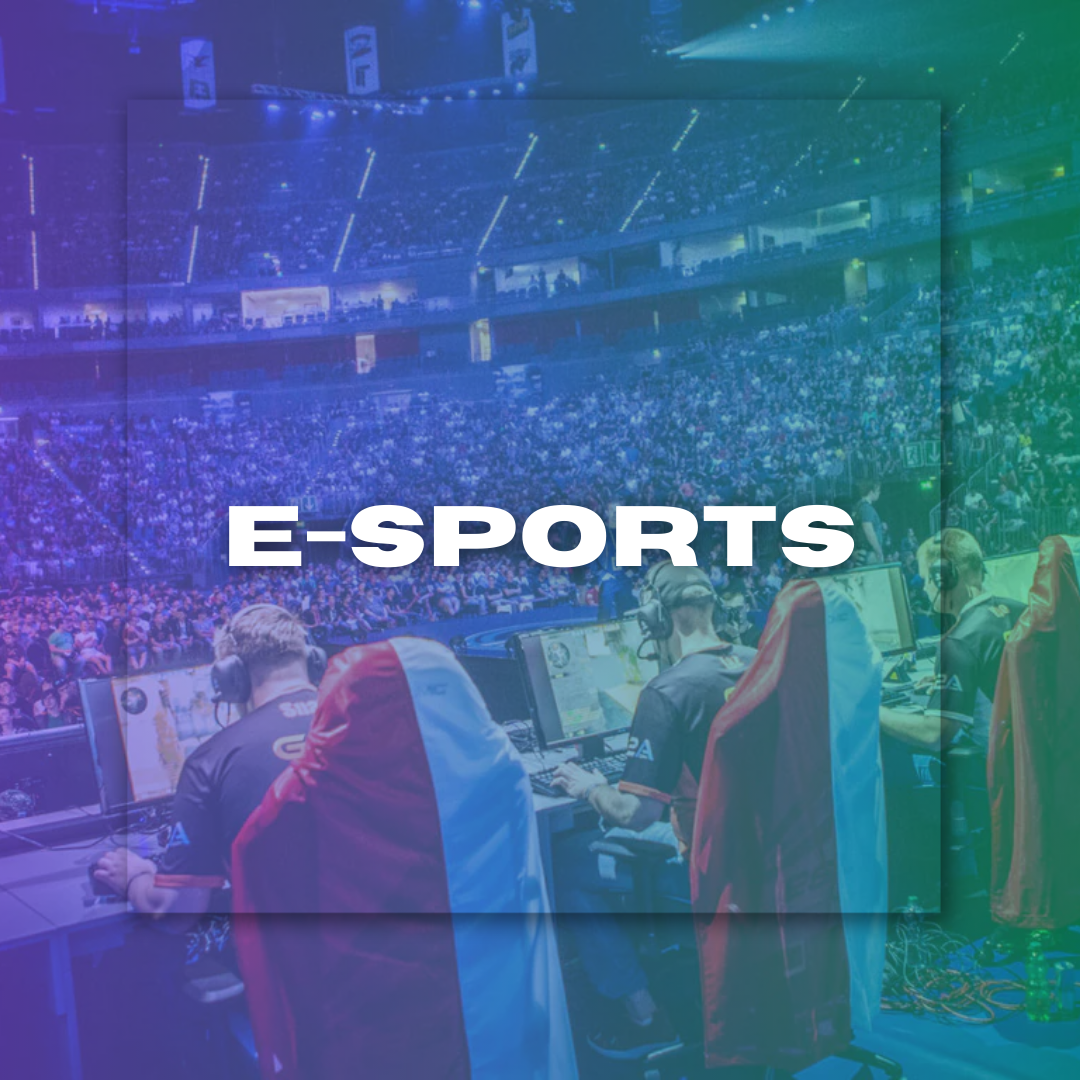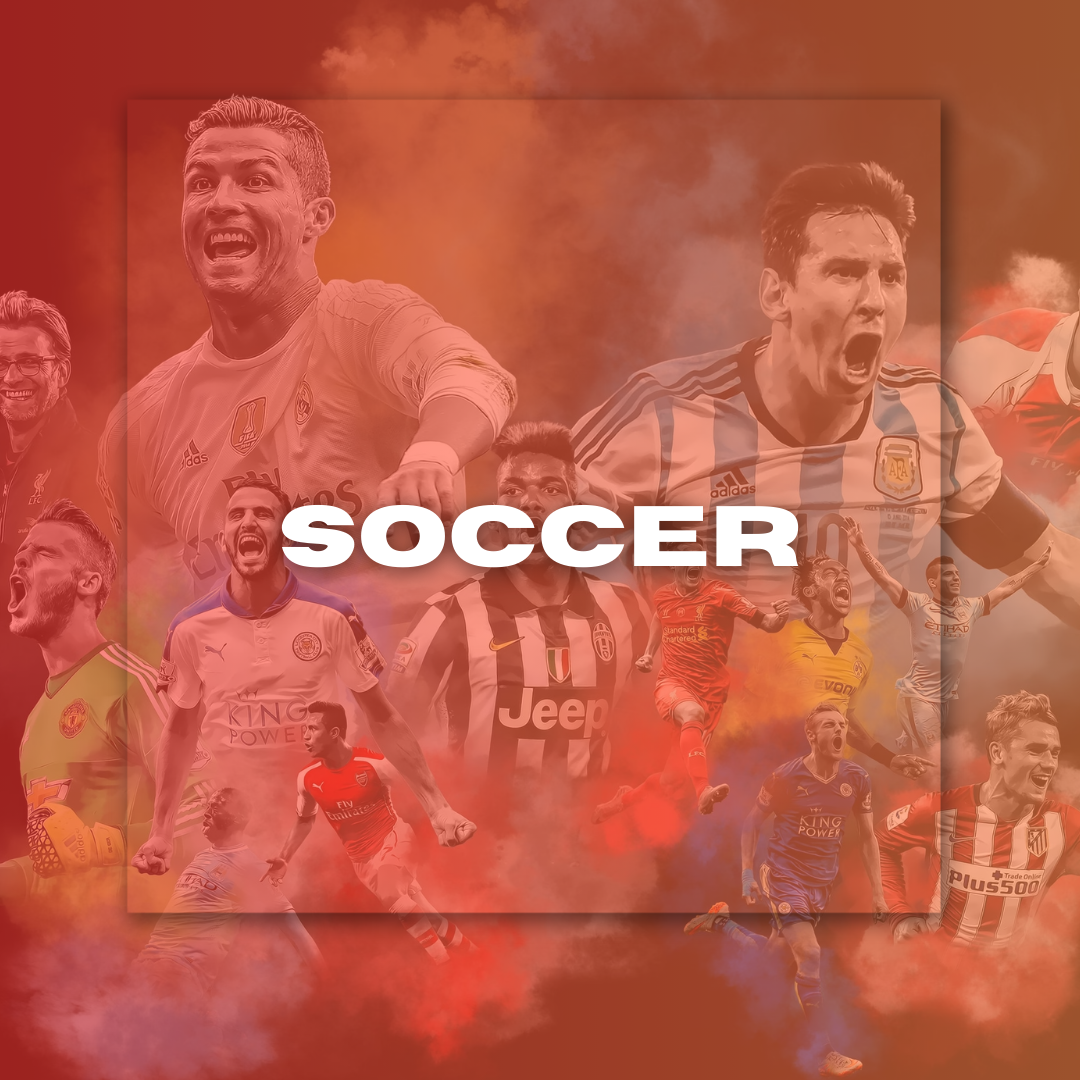
The Impact of Social Media on Athlete Reputation and Misconduct
The Impact of Social Media on Athlete Reputation and Misc...
By Jocelyn Alano August 08, 2024 04:40
In the digital era, the intersection between social media and sports has molded a new landscape for athlete reputation and misconduct. This dynamic relationship offers both unparalleled opportunities and stark challenges for athletes navigating their public personas. As platforms like Twitter, Instagram, and Facebook continue to dominate the conversation around sports, they exponentially increase the visibility of athletes, magnifying their achievements as well as their missteps on a global stage.
This phenomenon has not only transformed the way athletes interact with fans but also how their behavior, both on and off the field, is scrutinized under the unforgiving lens of public opinion. In exploring the impact of social media on athlete reputation and misconduct, it becomes apparent that these digital platforms serve as a double-edged sword, offering the power to shape legacies while also posing potential pitfalls that can swiftly alter careers and lives.
The Double-Edged Sword of Social Media and the Athlete Reputation
Positive Impacts
Today, social is the name of the game for athletes hoping to connect with fans and monetize their brands. Athletes can share their everyday lives, training programs, and humanitarian work to craft a positive public image. One of the most famous examples is LeBron James, who has used social platforms like Twitter and Instagram to interact with his fans, promote good causes, as well as even share a day-in-life behind-the-scenes, which makes him an unparalleled role model figure in addition to being simply one of the best community leaders.
Besides, on social media, players can control what is said of them. They can clap back at critics, fill in gaps, and put their achievements into a better context without relying on traditional media. Direct engagement like this helps provide some authenticity and relatability that can boost an athlete's brand.
Negative Impacts
On the other hand, athletes can have their names defamed on social media as well. In the age of instantaneous online communication, one careless tweet or post, even a distasteful joke can potentially ruin you. Former NFL player Colin Kaepernick inspired extensive criticism and backlash, both from fans as well as sponsors, after he protested against racial injustice by kneeling during the national anthem. Social media platforms further fueled this.
Also, the pressure to keep up an image of perfection on social media can sometimes make athletes anxious. This can spark a vicious cycle of validation through likes and comments, which is unhealthy when it becomes an addiction to social media. This dependence can compound the stigma of mental illness for them.
Social Media and Public Opinion
With the advent of social media, public opinion on athlete behavior has never been shaped more rapidly. With the growing ease of information sharing, attitudes held by fans and critics and social media more broadly have a collective impact on an athlete's career.
In addition, social media platforms are echo chambers for people, like users, who are only exposed to their opinions the most. This tendency can exacerbate public anger and make the athlete's behavior seem more polarized, making it tricky for athletes to recover from scandals.
The Dilemma of Public Image
The Burden of Being Constantly Observed
This is especially true in the modern era, where every athlete's move can affect their public image. The burden of keeping a perfect image online can be stressful and cause anxiety. Athletes frequently must document their social media profiles with precision, sacrificing authenticity for appearance.
Even worse is the gray area between personal and professional life that muddles everything. Athletes need to classify the individual they are at home with and show empathy in situations where, given their day job as a professional athlete, it can often be difficult.
Dealing with Misconduct and Controversies
Social media can amplify situations and make it hard for athletes to manage the fallout when something goes wrong. Because social media response is so immediate, there may be little opportunity other than to react in kind before considering a measured response. Quick reactions can lead to missteps that compound any offense undertaken. The most famous example is former NBA player Allen Iverson, whose rant about the practice was shared widely and raised public ire to the detriment of his reputation.
Using Social Media to Make a Difference
Social media, too, can be a medium for athletes to preach positivity or interact with their fans. Through promoting their goodwill, personal journeys, and training notes, athletes can enhance a reputational brand among supporters. A good example is that a vast number of athletes use their voices for various social causes, and it can make your name reach heights more than you thought.
The effect of social media on an athlete's reputation and misconduct is important and heavily nuanced. This provides both opportunities for engagement, brand growth, and challenges in controlling opportunities and public sentiment. Successful strategies and staying true to oneself will be pivotal in capitalizing on the advantages of social media, though, for athletes trying to navigate this ever-changing field within sports. It has become a required skill for athletes wanting to protect their image and career, even though we are examining an era in which literally every move you make is scrutinized.
LATEST
- NEWS
- |
- ARTICLES
- |
- VIDEOS






















































































